#african american folklore
Text
Hoodoo, Rootwork and Conjure sources by Black Authors
Because you should only ever be learning your ancestral ways from kinfolk. Here's a compilation of some books, videos and podcast episodes I recommend reading and listening to, on customs, traditions, folk tales, songs, spirits and history. As always, use your own critical thinking and spiritual discernment when approaching these sources as with any others.
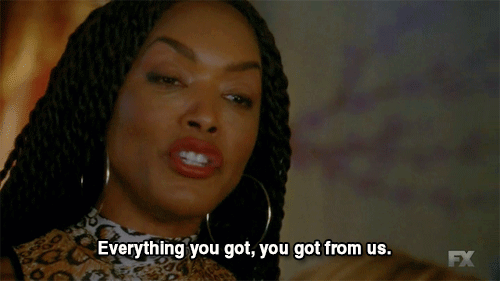
Hoodoo in America by Zora Neale Hurston (1931)
Mules and Men by Zora Neale Hurston (1936)
Tell my horse by Zora Neale Hurston (1938)
Let Nobody Turn Us Around: An African American Anthology by Manning Marable and Leith Mullings, editors (2003)
Black Magic: Religion and the African American Conjuring Tradition by Yvonne P. Chireau (2006)
African American Folk Healing by Stephanie Mitchem (2007)
Hoodoo Medicine: Gullah Herbal Remedies by Faith Mitchell (2011)
Mojo Workin': The Old African American Hoodoo System by Katrina Hazzard-Donald (2012)
Rootwork: Using the Folk Magick of Black America for Love, Money and Success by Tayannah Lee McQuillar (2012)
Talking to the Dead: Religion, Music, and Lived Memory among Gullah/Geechee Women by LeRhonda S. Manigault-Bryant (2014)
Working the Roots: Over 400 Years Of Traditional African American Healing by Michele Elizabeth Lee (2017)
Barracoon: The Story of the Last "Black Cargo" by Zora Neale Hurston (2018)
Jambalaya: The Natural Woman's Book of Personal Charms and Practical Rituals by Luisa Teish (2021)
African American Herbalism: A Practical Guide to Healing Plants and Folk Traditions by Lucretia VanDyke (2022)
youtube
youtube
youtube
youtube
These are just some suggestions but there's many many more!! This is by no means a complete list.
I recommend to avoid authors who downplay the importance of black history or straight out deny how blackness is central to hoodoo. The magic, power and ashé is in the culture and bloodline. You can't separate it from the people. I also recommend avoiding or at the very least taking with a huge grain of salt authors with ties to known appropriators and marketeers, and anyone who propagates revisionist history or rather denies historical facts and spreads harmful conspiracy theories. Sadly, that includes some black authors, particularly those who learnt from, and even praise, white appropriators undermining hoodoo and other african and african diasporic traditions. Be careful who you get your information from. Keeping things traditional means honoring real history and truth.
Let me also give you a last but very important reminder: the best teachings you'll ever get are going to come from the mouths of your own blood. Not a book or anything on the internet. They may choose to put certain people and things in your path to help you or point you in the right direction, but each lineage is different and you have to honor your own. Talk to your family members, to the Elders in your community, learn your genealogy, divine before moving forwards, talk to your dead, acknowledge your people and they'll acknowledge you and guide you to where you need to be.
May this be of service and may your ancestors and spirits bless you and yours 🕯️💀
#hoodoo#conjure#rootwork#black hoodoo authors#Youtube#hoodoo books#african american conjure#african american history#black history#black folklore#african american folklore#black magic#african american magic#witches of color#ATRs#Spotify
1K notes
·
View notes
Text
I want to learn more about African-American, Afro-Caribbean, Afro-Latino, and continental African folklore!!!
Especially the horror stories!!! I already know some but there’s so much I don’t know!
Can anybody please suggest any books or resources that talk extensively about folklore from these communities 🙏🏾?
#06 speaks#folklore#african american folklore#caribbean folklore#afro caribbean folklore#african folklore#afro latino folklore#horror#black horror#folk horror?
7 notes
·
View notes
Text
On March 24th we venerate Brother John Mason Brewer on his birthday🎉

An iconic folklorist, historian, scholar, educator, storyteller, poet, & quadlingial speaker, John Mason Brewer dedicated his 50-year long career, between the early 1900s to the 60s, to the documentation & preservation of Afrikan & Afrikan descendant narratives across the South, particularly his home state of Texas.
It was from the love & education instilled within him by his father & grandfather before him that spurred his barrier-shattering academic career, pursuing his B.A. in English & M.A. in Folklore, & professional career as a lifelong educator/professor and lecturer; in an era that many deemed nearly impossible to fathom. Though long before he was awarded prestigious grants for his outstanding contributions in research and the education of folk traditions among our people in the U.S. & the Caribbean & befriending the likes of U.S. presidents & other notable figures, Brother Mason spent his life fascinated by the tales & belief systems of our people that, over the years since the Great Migration & WWII, became best preserved in the South. He wrote and published a plethora of poems, books, and articles on Afrikan-American & Afrikan-Carribean history & folklore. If not for his unyielding presence in higher academia & public research institutions, and relentless pursuit of the preservation of Afrikan Ancestral voices in oral tradition & literature, centuries of wealth in knowledge and history of our people would be lost.
We give libations & well deserved 💐 today for his ancestral teachings & wisedom, delivered to us via the masterful art of storytelling and poetry & for lifelong work in unearthing & preserving a legacy ancestral voices never to be forgotten.
Offering suggestions: share/read his literary and academic work, a Methodist Bible/verse, & libations of water.
#Hoodoo#the hoodoo calendar#hudu#hoodoos#hoodoo folklore#hoodoo culture#john mason brewer#black poets#black literature#black scholars#African American Folklore#caribbean folklore
37 notes
·
View notes
Text
New Patreon Post!!
Slavery in South Carolina and European Immigrants Shifting Views Towards Slavery
This post is by far my longest post on Patreon, is a refurbished version of a paper I did during a capstone class for my anthropology program. I would love for any of you interested in the role of non-English slave owners within the American south to give it a read. ❤️❤️❤️
#black spiritualist#hoodoo tumblr#black spiritualism#hoodoo#african american spirituality#african american culture#black spirituality#black tarot readers#rootwork tumblr#african american folklore#african ancestry#african american history#black history year#black writers#support black creatives#support black content creators#support black writers#slavery#transatlantic slave trade#american history#african americans#rootworker tumblr#rootwork#black tumblr#black witches#woc witches#witches of color#etsydigital#numerology
4 notes
·
View notes
Text
#asking as a teacher & as someone who remembers being read one (1) story in 1st grade#i learn all the other stories i know through my mother’s obsession with folklore and picture books#polls#african american folklore
5 notes
·
View notes
Text
ABOUT

I've been on such a peculiar journey. I hope you can relate. I was raised in the Black Church™ and as we became more and more "evangelical" and insular the older I got I became disillusioned and left that space. Since then I guess you can say I have been floating. Looking for a home. I can't say that I have found one yet, but I have definitely become an expert in what NOT to do when you are on this type of journey. This has driven me to attempt to create this space. Space for people like me, disillusioned folks who aren't yet willing to give up on the existence of God or gods or Santa Clause. I wanted a space where questioning folk could get definitive, verifiable evidence without being manipulated by the rhetoric of marketeers or simply asked to take what resonates. With Dreamboat Theory I plan to create a central space for budding mages to study, grow and build skills before moving on to organized religions, pantheons, philosophies, practices, or programs. This is a blog about that process and my continuing journey.
#tarot#divination#dreams#lucid dreaming#dreamboat theory#atr#african american folklore#mermaid#fairies#hoodoo#rootwork#adr#african diaspora#baby witch#green witch#witchcraft
4 notes
·
View notes
Text
1 note
·
View note
Text
After thinking about what is happening to the Splash Mountain attraction at the Disney Parks, I've come to the conclusion that our society is still incredibly ignorant about African American culture.
#splash mountain#Disneyland#Magic Kingdom#anti Disney Parks#Uncle Remus#Brier Rabbit#African American culture#African American folklore
0 notes
Text
hi sorry ive never been to disneyland SPLASH MOUNTAIN IS BASED ON SONG OF THE SOUTH?????
this is probably one of those things that most people know because its so popular but jfc WHY
#whats even the thematic connection#ive watched song of the south#it doesnt particularly have any water in it#im ASSUMING the ride is based on like. just the folklore bits right#not the weird intensely boring wildly racist live action bits?#cause i know disney keeps trying to repackage those cartoon bits and divorce it from the racism but tbh theyre pretty not great too#its a white racists idea of african american folklore its hardly well represented
46 notes
·
View notes
Text
learning that women turning into bears was a fairly common story motif from my tribe was the most validating piece of information ive ever received as a artist. im carrying on hundreds of years of tradition by being really loud about my ocs on the internet
#crow.txt#ocposting#the book i was reading also talked about how that motif may have been influenced by african american folklore which is really interesting#a lot of tribes on the east coast intermarried with black communities so cultural exchange was inevitable
41 notes
·
View notes
Text
African American culture- folk tales

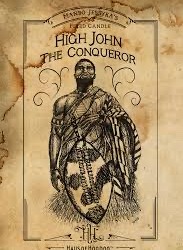

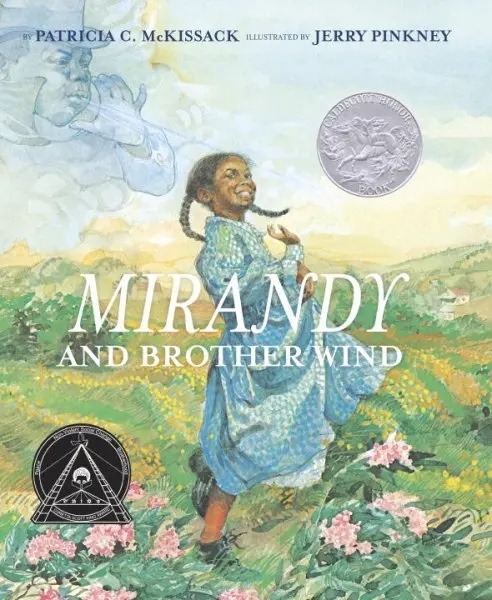
#aa culture#african american#black americans#culture#african american culture#tradition#black american culture#folklore
3 notes
·
View notes
Text
On June 15, 1939 Zora Neale Hurston recorded "Uncle Bud," a bawdy song found all over the South that went on to become a Cajun-Creole Zydeco classic. Hurston explains, "'Uncle Bud' is not a work song. It is a sort of social song for amusement." One of the first documented instances of the song in print appeared as "O-Bud!" in a Texas Folklore Society publication in 1928, collected in Virginia ca. 1924, but Hurston likely first heard the song from black working men while she was doing folklore field work in logging and terpantine camps in Louisiana. It's an invaluable audible artifact from almost a century ago. And it's quite raunchy to say the least! At the end, either Stetson Kennedy or Hurbert Halpert, the Library of Congress folk collectors in that session, say with an audible grin, "I think that's a very valuable contribution to scientific recording."
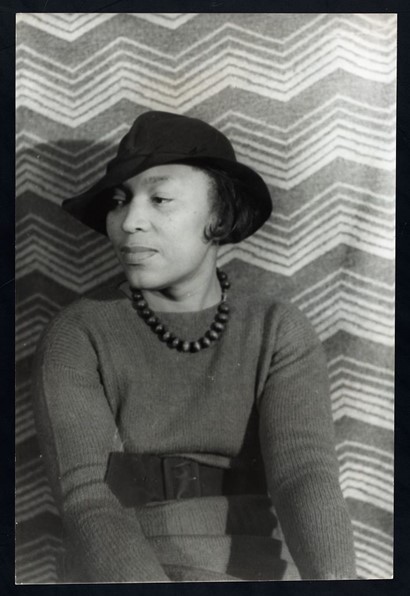
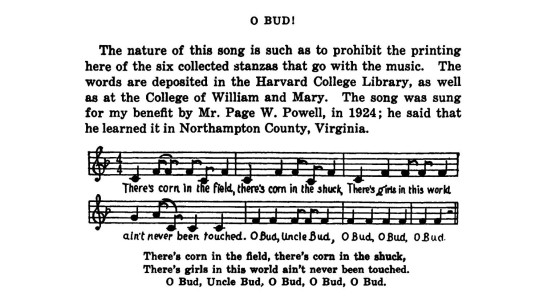
#zora neale hurston#folklore#folk music#black history#music#music history#musicology#literature#african american literature#african diaspora#zydeco#cajun music#louisiana creole#boozoo chavis#rockin' sidney#sonny terry#Spotify
3 notes
·
View notes
Text
If you see something called like "Finnish folklore" or "Finnish mythology" there's like an 80 percent chance its actually Saami
#seeing ppl calling the flaming fox story Finnish folklore like it isnt one of the most well known Saami stories#saami#nihkko's shit#same thing with like 'american folklore ig' when its actually apart of african american and native american culture and storie
85 notes
·
View notes
Text
i love combining so much mythology and history into my books lore because it creates such an interesting historical dynamic and character interactions ❤️❤️
#years ago it was just greek shit#now we’ve got celtic myths west african tradition native folklore south american creatures#i’ve done so much random research over the years that in my brain it’s just like#“oh yeah of course this all makes perfect sense’’
2 notes
·
View notes
Text
New Patreon Post ❤️
This time I decided to write about dream interpretation within Hoodoo. This one is open to everyone ❤️ Let me know what yall think ❤️
#black spiritualist#hoodoo tumblr#black spiritualism#hoodoo#african american spirituality#african american culture#black spirituality#black tarot readers#rootwork tumblr#rootworker tumblr#rootwork#black tumblr#black witches#woc witches#support black content creators#witches of color#african american folklore#african american#african american folktales#african american history
3 notes
·
View notes
Text
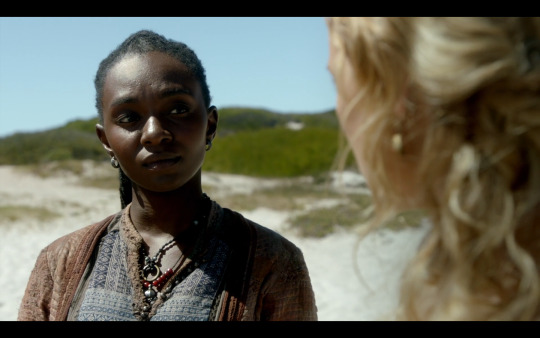


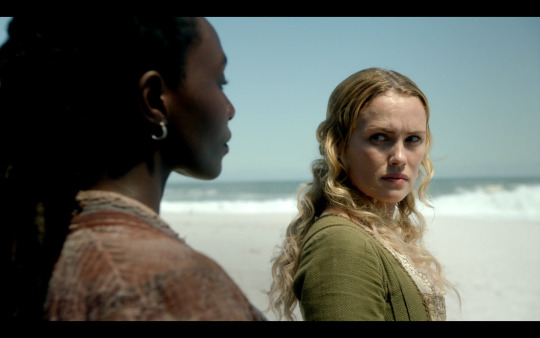


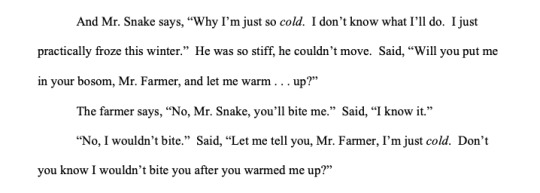


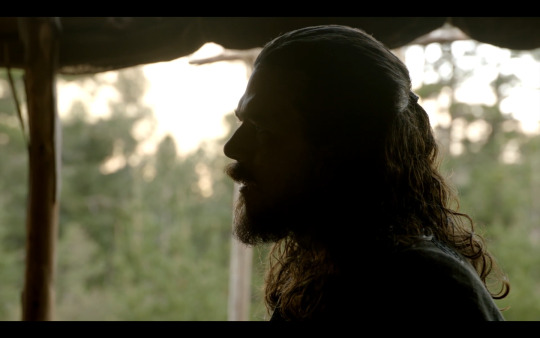

Among the many tales about treacherous creatures, the story about the naïve frog and duplicitous scorpion has become something of a cultural meme, adapted and refashioned to suit different social and political circumstances. Its main features are outlined below:
A scorpion meets a frog at a riverbank, and the scorpion asks the frog to let him ride across on its back. The frog is worried that the scorpion will sting it, but the scorpion reassures the frog by pointing out that he too will die if he stings the frog. Satisfied with that answer, the frog carries him across the river, but in midstream the scorpion stings it. Before he dies, the frog has just enough time to ask “Why?” and the scorpion replies: “It is my nature.”
Black Sails 4.06/Black Sails 4.10/Roots by Alex Haley/Mr. Snake and the Farmer recorded by Carl Lindhal/Tales of Kindness and Treachery in African American Folklore, excerpt from lecture by Dr. Maria Tatar
#i have been thinking about making a post like this since last year#when that... backlash? idk. against scorpion and frog stories went around#whereas to me because of the context of the class (on african american folklore) where i first studied that story#ive always seen it in a different context#anyway post in honor of my sister finishing her first ever complete rewatch!#do NOT want to have a debate on the culpability of different characters in the finale etc etc so i think i will not be tagging this lol#these are just threads i saw. connections i made. webs i weaved. you know <3#black sails
6 notes
·
View notes